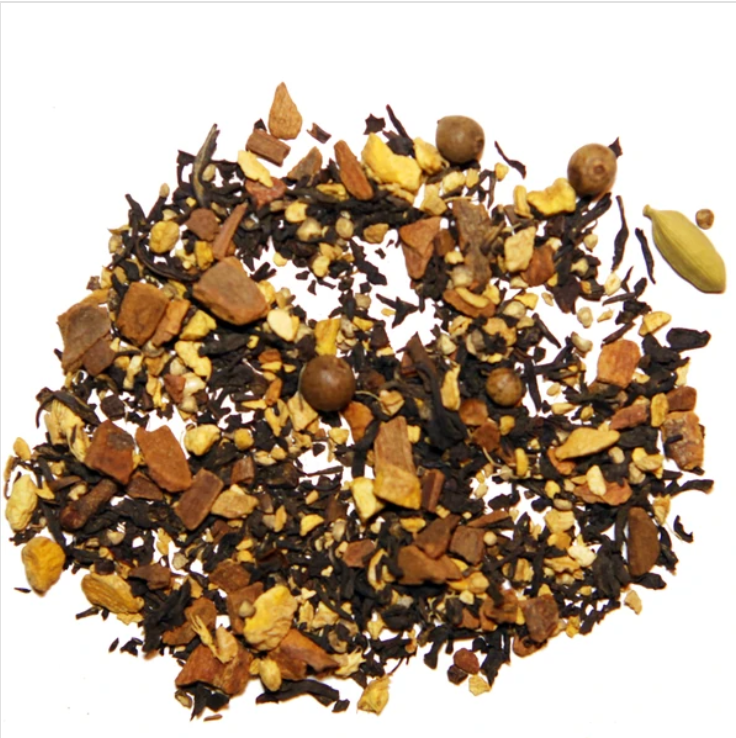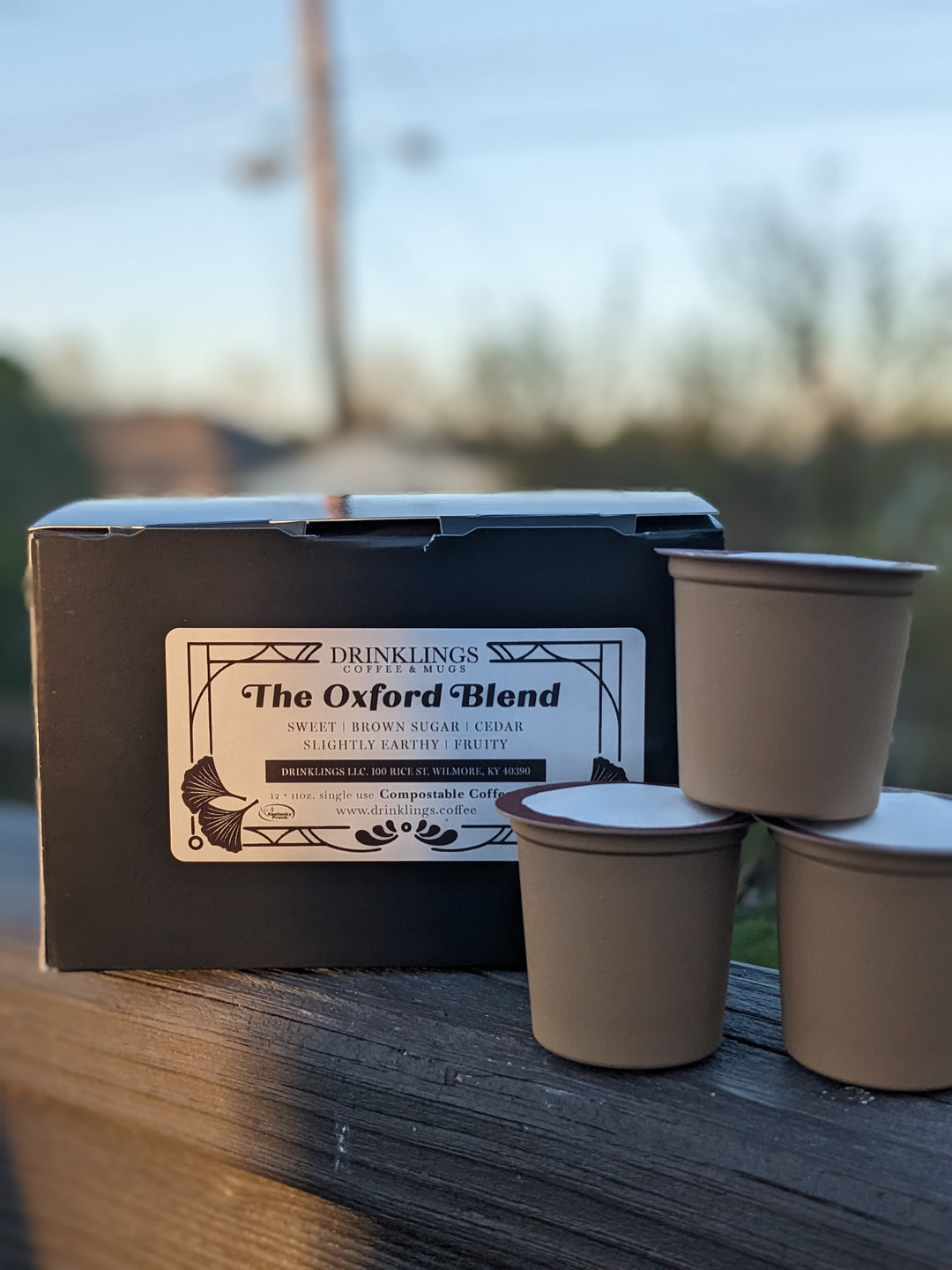Love as a Habit - Monday Coffee with Jack and Tollers (Day 1)
Do not waste time bothering whether you ‘love’ your neighbor; act as if you do. As soon as we do this we find one of the great secrets. When you are behaving as if you loved someone, you will presently come to love him. - C.S. Lewis, Mere Christianity
Habit trumps the will.
Aristotle said as much when he said, “We are what we repeatedly do. Excellence, then, is not an act but a habit.”
Maybe this was the beginning of the ‘you are what you eat’ maxim as well but you can apply this to everything in life from what we consume physically and mentally to how we exude emotions, activity, and even our relationships with ourselves and our neighbors.
To have a neighbor is not to be reduced, of course, to a person living close to you. Jesus answered the question “who is my neighbor” with the parable of The Good Samaritan (Lk 10.25-37) where in a world strife with racial, class, and ethnic divisions a wandering Samaritan took it upon himself to show an overflow of love and kindness to (presumably) a Jew that had been beaten by thieves. By all technical accounts, the priest and the Levite were more proximate in class and status to the man as he came from (presumably, again) the Jerusalem Temple, where Samaritans did not worship and were looked at with suspicion.
We oftentimes have a tendency to read this account as the Samaritan just had a greater level of compassion for the beaten victim. We recognize that the priest and the Levite considered themselves “too important” or “too holy” to bother with a man beaten, left for dead, and possibly diseased. But I think we are missing an opportunity if we fail to ask the question “How did the Samaritan wind up the way he did?”
An answer to that question might come in the form of “Would this man have done this a day earlier? Or the day before that? Or the day before that?” The difference between the Samaritan and the “holy men” is not just that one was compassionate and the others were prudes. It was that one had developed compassion and love as a lifestyle and the others had somewhere along the lines decided that they would ebb and flow with their wills. The difference is one saying “I should do this because it is the right thing to do whether I feel like it or not” and the other saying “I will only do this if I feel like it…and today, I don’t.”
In the quote above Lewis highlights the importance of developing love of others as a habit, not as a matter of will. If we continue to live a life around others based on our feelings towards them rather than our duty towards them (which is independent of our will), we will continue to live a life where we establish hierarchies around who we serve and don’t serve. To act out of habit changes our emotions and helps us see our neighbor more clearly.
Strange that such old time philosophy and wisdom (one that was focused on ‘living the good life’) has such strong resonance with contemporary neuroscience. Research into the amygdala -- the emotional center of the brain -- shows a direct association between an action and a felt emotional state. When those positive emotions occur, there is a simultaneous increase in dopamine, endorphins, and serotonin. These chemical releases, of course, bind themselves to the action and help establish a simultaneous connection between the emotions and the behavior! It is the old trope, “Neurons that fire together, wire together.”
The Samaritan, I am sure, had neurons that wired together and fired together when he looked at the man lying beaten along the road. This was not, in other words, his first rodeo. He was used to showing love and compassion and his will to do so emerged subsequent to his habit of doing so. Likewise with us. When we see an opportunity to practice love of others we should do so, whether or not we feel like it. The more we do so the more we will want to do so.
Ask Yourself this Morning:
- If Jesus were to ask me, “What does ‘neighbor’ mean in your own life?” how would I respond in full honesty?
- What circumstance will I face today where I need to choose duty against my will? How do I expect to feel afterward?
- How can I practice love today towards someone who is different than me?




